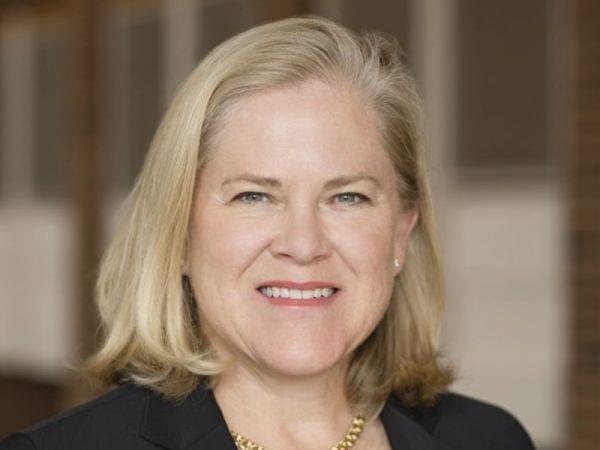The Power of the Purse

Jennifer Pahre from the University of Illinois College of Law University of Illinois College of Law
The “Power of the Purse” is the ability of Congress to spend public money for governmental purposes. This authority is granted to Congress through several clauses in Article I of the United States Constitution.
The first clause is the Origination Clause. It is found in Section 7, and provides that “All Bills for raising Revenue shall originate in the House of Representatives; but the Senate may propose or concur with amendments ….”
The second clause is Section 8’s Taxing and Spending Clause. It says that “…Congress shall have Power To lay and collect Taxes, Duties, Imposts, and Excises, to pay the Debts and provide for the common Defense and general Welfare….”
Finally, the Appropriations Clause is found in Section 9. It states, “No Money shall be drawn from the Treasury, but in Consequence of Appropriations made by Law...”
So, the Power of the Purse includes the ability to enact legislation to raise funds, to authorize the expenditure of public funds, and to appropriate funds for authorized expenditures. Authorizing and appropriating are separate actions. Both are prerequisites to governmental spending.
The Power of the Purse enables Congress to fund governmental programs and functions. But Congress also has used this power to induce other governmental players to comply with its agenda.
For example, Congress wished to establish a national minimum drinking age, but could not do so because the Constitution’s 21st Amendment gave that power to the states. So, in 1984, Congress passed a special highway funding law that withheld 5% of federal dollars from all states that did not raise the drinking age to 21. South Dakota, with a drinking age of 19, filed suit to overturn the law. In the 1987 case South Dakota v. Dole, the Supreme Court ruled that Congress could not order the states to regulate according to its instructions, because that would run counter to our system of federalism. But Congress could offer grants of funding and require the states to comply with accompanying conditions, as long as the conditions were not unduly coercive. And the Supreme Court found that the highway funding law was acceptable. So, South Dakota raised its legal drinking age to 21, and the wishes of Congress were achieved.
In addition, the Power of the Purse can be used as a check on executive powers. In the 1937 case, Cincinnati Soap Company v. United States, the Supreme Court noted that the Appropriations Clause “was intended as a restriction upon the disbursing authority of the Executive department.” And through the years, Congress has indeed deployed the Power of the Purse to restrict actions of the Executive Branch.
Congress passed the Foreign Assistance Act of 1974, which terminated military funding for South Vietnam’s government during the Vietnam War, leading to the Fall of Saigon and the war’s end. Congress also reduced military funding during the Reagan administration, which resulted in troop withdrawal from Lebanon. And the 1982 Boland Amendment limited funding supporting the Contra insurgency in Nicaragua. The Reagan Administration’s secret end-run around the Boland Amendment led to the indictment of 14 administration officials in the Iran Contra Affair.
Any governmental power can be abused. In the 1936 case United States v. Butler, Supreme Court Justice Owen Roberts noted, “…the attainment of a prohibited end may not be accomplished under the pretext of the exertion of powers which are granted.” The authority of every branch of our government was created by law, and is limited by law.

